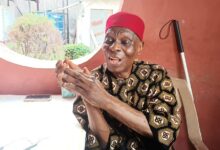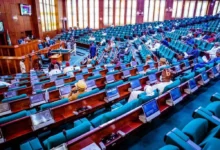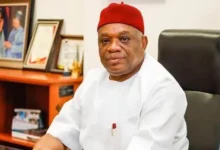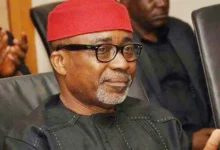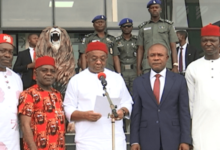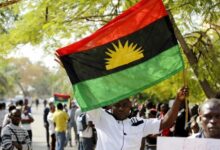
The Enugu State Government has released the selection criteria for fuel subsidy removal relief programmes in the state, insisting that recipients must be the most vulnerable and disadvantaged members of society.
This was disclosed on Monday in Enugu by the Deputy Governor, Barr. Ifeanyi Ossai, during a meeting with the chairmen of the state’s 17 local government areas to discuss the selection criteria for the intended beneficiaries of fuel subsidy removal palliatives.
Barr Ossai, who is the Chairman of the State Palliative Committee, outlined the criteria, stating that they included one person in a family with one or more children out of school due to financial constraints, persons detained in hospital after treatment or refused treatment due to inability to pay medical bills, persons especially widows who make a living in their community, working on other people’s farms, or doing domestic work to make a living, and widows with children, whose older children are
Others include those who rely on their community church or mosque to pay school fees or celebrate Christmas and/or other festivities, persons with disabilities who are known to their community to lack extended or direct family support, ophans who are known to lack community support, and those who live on less than 1,425 naira per day according to the World Bank Poverty Index.
Barr Ossai instructed the council chairmen to convene an emergency meeting of the ward palliative committees in their respective council areas to discuss the distribution of palliatives and the collection of credible information on the selected beneficiaries.
He reminded the chairmen that ward councillors were not expected to generate the social register/data of the intended beneficiaries without the participation of ward committee members, and he added that the clegy, presidents general of autonomous communities, and representatives of civil society organisations should all work in unison to achieve effective and credible results.
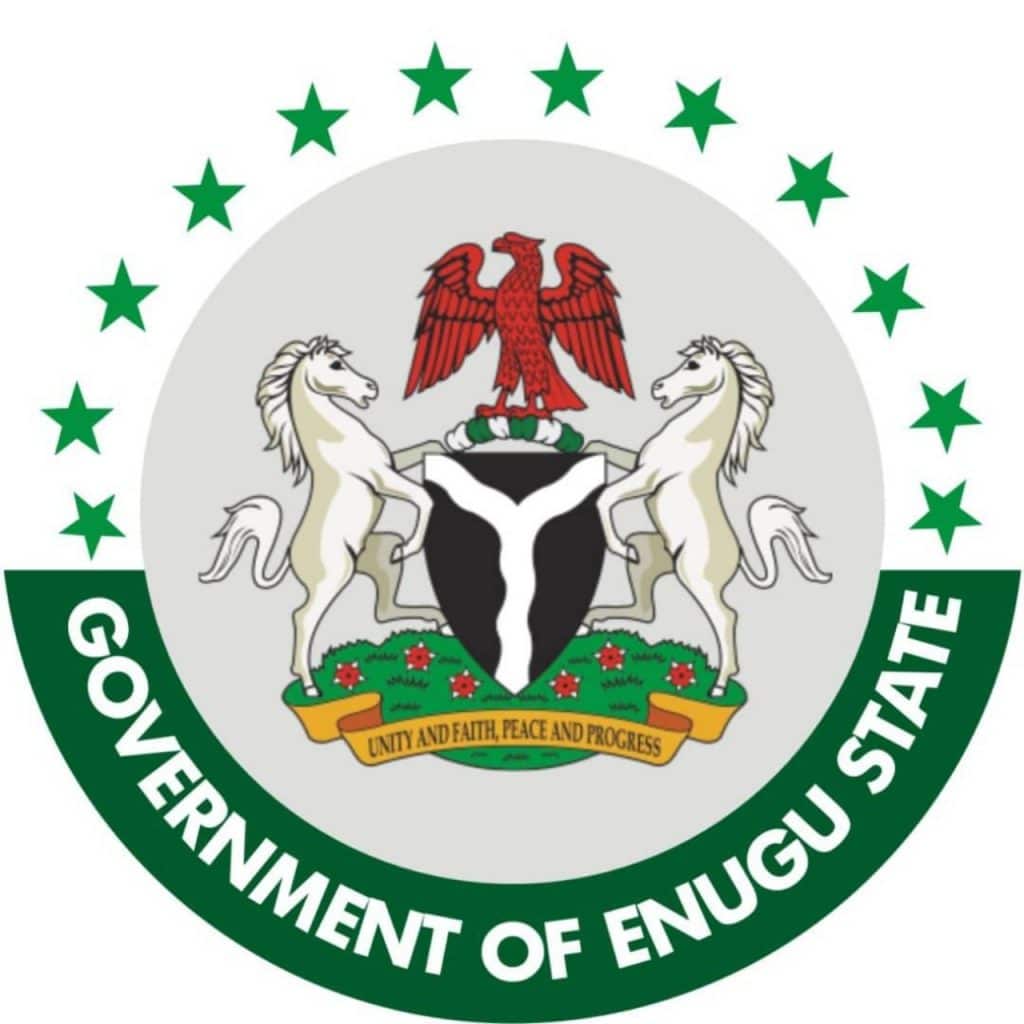
Enugu State
Ossai emphasised that ward committee members were familiar with the destitute individuals in their respective communities who ordinarily seek aid from churches.
Those without national identification numbers and bank account numbers should be noted on the provided forms, he said, adding that the state government would dispatch the appropriate government agencies to handle the matter.
Regarding the number of intended beneficiaries per ward, he stated that it was agreed that each ward would generate one thousand, and he advised the chairmen to ensure the project’s credibility and timely completion.






